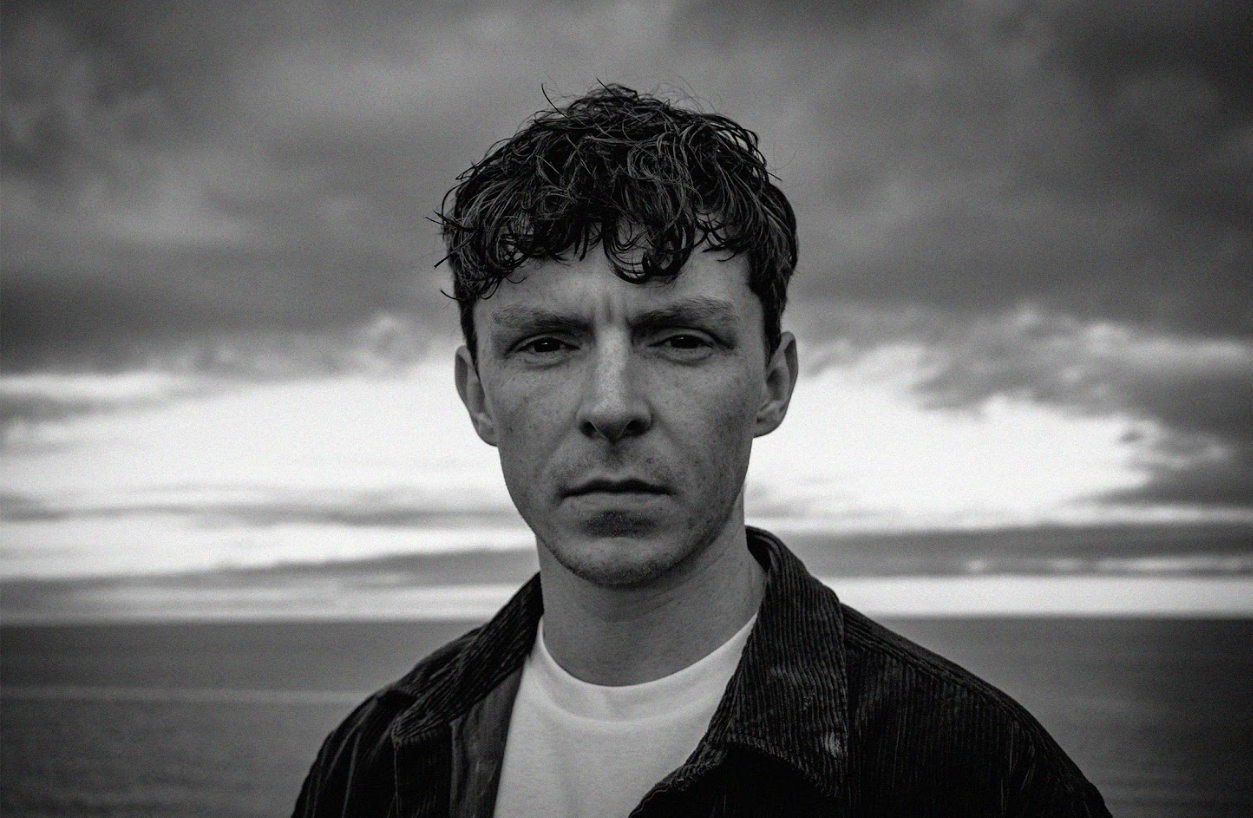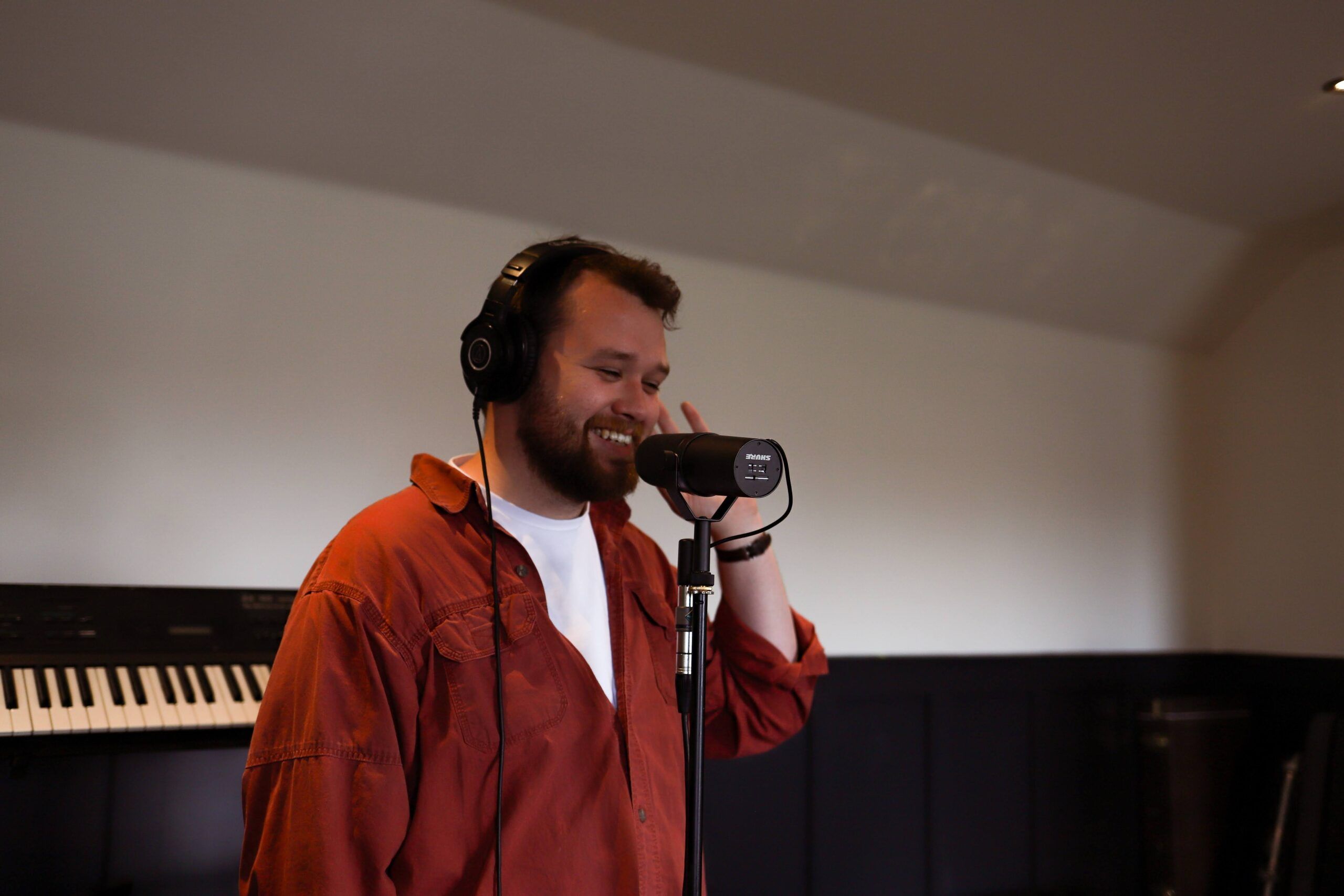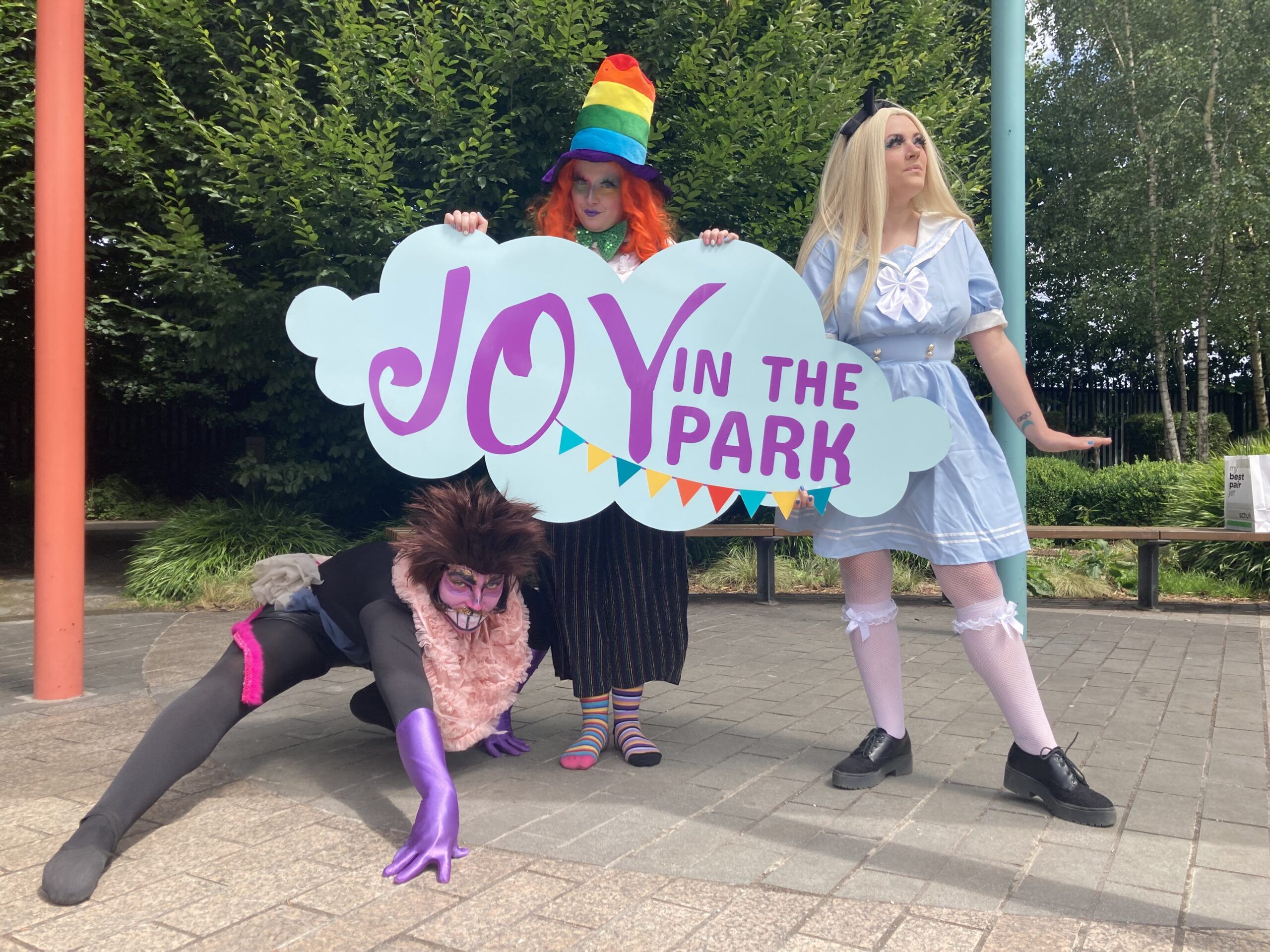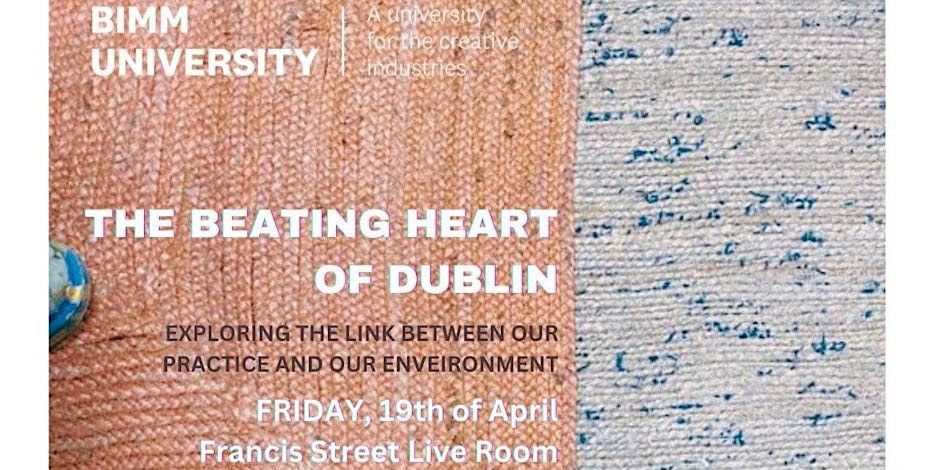IMRO CULTURE NIGHT – SONNY CONDELL
January 19, 2011


In Part 2 of Meet the Songwriters at IMRO’s Culture Night, Conor O’Hara chats with Sonny Condell.
I was second up to bat for Irish Music Magazine at the IMRO Live interviews with famous Irish Songwriters at Copyright House on Culture Night 2010. Following on from Derek Copley who had interviewed Mick Hanly, my very enjoyable task was to have a half an hour chat with Sonny Condell. Now this wasn’t our first meeting, in fact I have played drums with Sonny’s band, not for a while now, but certainly two years ago we gigged together. Fascinated by the songwriter I am also making a video documentary on his life and work, so I had to explain to the audience that the camera that was pointing at us that night was essential for the success of that biopic.
My first question was obvious; when and why did he start writing songs?
“Well that was a long time ago, let me think” He paused for a few seconds, gathering his thoughts into a compact answer. “It was in school, in boarding school. I wasn’t brilliant at academic subjects and writing songs was something I could do on my own. I found it was a release from the routine of study in school.”
Did you start off writing songs or were you singing other people’s material. He smiles and tells me that he began his music career playing the drums.”Well not really the drums. I had a bucket and I tied a fertiliser bag over the top of it.” The audience bursts into laughter. “Later, my mother bought me a snare drum, which sounded a lot better than the fertilizer bag. Then I got a present of a guitar and I’d say almost immediately I began working out songs on it. I was playing the piano at the time, but somehow it was at a tangent to what I was doing on the guitar. Although I loved classical music I knew that the guitar was somehow different. Both my father and mother were into music, my Dad used to collect classical music and he would play it very loud at home. When I started writing my own music, I thought it was very inferior to the music in my Dad's collection, it wasn’t as sublime as the classical pieces.” There’s almost a standard meme about singer songwriters in the sixties, they heard American music on the radio, had an epiphany and began writing blues or rock and roll. Would this apply to your beginnings? I asked him.
“Well at this distance it's hard to be truly honest about that, yes I did listen to the radio, to American rock and British pop. Back then it wasn’t on RTE but on Radio Luxembourg. But, I don’t think it had a direct influence on me because I wasn’t able to make that sort of music on the guitar. When I started composing, I found out I was very bad at copying the popular stuff.
“This was the 1960’s, the time when Donovan and Dylan were writing their early acoustic music and their music had a big effect on me. I was taken by how they could write about feelings in their songs and I also began listening to country music on Irish radio too. I was still at school then and the big musical revelation came when I first heard the Beatles. I was in the bathroom at school and one of their songs was playing on the radio, if I was old enough to have hairs on my back they were standing up as I listened to them. After that I started playing the guitar in school, with older boys who had developed far more proficiency, I was always 3 chords behind them, but gradually by listening and watching them I got up to tempo. Later on I began to experiment with different tunings on the guitar, but I suppose that came towards the end of my school career.”
Time for me to put in the essential biography, certainly useful for the younger members of the audience. In a nutshell: forty years ago Sonny began working as a musician and founded what was a ground breaking band in the story of 20th century Irish music, Tir Na N’Og. Sonny and Leo Kelly formed the band in London in 1970; they still occasionally play today as does his other band Scullion. But this is an interview about song writing. So I asked him how does he go about making new songs, has he developed a method?
“I take a lot of time, although some songs come to me quickly. I like to play around with tunings and work on different chord shapes, I like to listen to the sound of the guitar, I like to hear something interesting in the music I am making. What I try to do in the rehearsal studio is find music that matches the way I feel, so I spend a lot of time messing around with the guitar, with open tunings, getting dreamlike sounds out of it. Wordlessly humming and whistling.”
The audience breaks into laughter at that and the next obvious question do you write the words before the melody has been answered, he gets the feeling for the music first and the lyrics follow after.
“I record my songs at home as they come to me, it might be words first and sometimes it is words and music together. I revisit them the next day and think 'why did I assume there was merit in what I had done the day before?' Then, sometimes, I listen back to those recordings and think there’s something there, something that will benefit from another shot, from more work.”
I ask him to explain a little more about open tunings and he tells me he came to open tuning from listening to Joanie Mitchell, a lady who has never recorded in standard tuning. He finds open tunings both interesting and challenging to work with, they allow the guitarist to find their own chords because the whole instrument is tuned in one key. The restriction this imposes is that it is hard to move from key to key, to shift the emotional centre of the music. Experimenting with string gauges is important too, as this can lead to a cleaner or mellower sound. He tells me he once read an article in Melody Maker, he thinks for a moment "maybe it was NME? Anyhow the piece was an interview with Martin Carthy who was discussing a guitar tuning and he said he tuned his guitar DADEAe. I re-tuned my guitar to Carthy's notes and almost immediately, like an explosion I began hearing new things from the instrument. Within no time I had three new songs written.”
We spend some time talking about his current work, which is a recording project with Scullion; they are doing this in a house in Kerry. Today that means they are working digitally anbecause he dabbles in it at home on his computer, he has found the shift from analogue to digital relatively painless, “from listening back to DAT tapes to watching little turds on a screen” his description of the wave forms in Pro-Tools. “We are really lucky with Scullion in that we have a recording engineer who can work really fast. That’s important when you are creating new work in the studio, it’s about running in the moment, keeping the inspiration going, a slow engineer can kill that, if you spend your time waiting around until he tweaks the tracks on screen, you can lose the feeling and that all important inspiration.”
As our half hour is drawing to a close, he picks up his guitar and gives us a sneak preview of a current work in progress called Rivers Merge which he tells me could be on the new Scullion alum, “but we are not there yet. The song is a talk between somebody and their shadow.”
Once the song is finished he spends an informative five minutes discussing open tunings with members of the audience, admitting that sometime new tunings just sound so good it’s hard to analyse what they are. That is the magic of Sonny Condell and his music, beyond analysis bit what a sound.
Interviews
Latest News
Music Creators
- Affinity Schemes
- Join IMRO
- Benefits of IMRO Membership
- IMRO Mobile App
- Members’ Handbook
- About Copyright
- Royalty Distribution Schedule
- IMRO Distribution Policies
- Competitions & Opportunities
- Travel Grant Form
- Irish Radio & Useful Contacts
- Other Music Bodies in Ireland
- Affinity Schemes
- Music Creator FAQs
- International Partners
- International Touring Guide
Music Users
- Do I Need a Licence?
- Sign Up for a Music Licence
- Pay Your Licence Online
- IMRO and PPI Tariffs
- Dual Music Licence Explained
- Music Licences for Businesses
- Music Licences for Live Events
- Music Licences for Broadcast & Online
- Music licences for Recorded Media
- Music Services B2B
- Music User FAQs
- What’s Your Soundtrack Campaign
- Terms & Conditions for IMRO Events Voucher Competition
- Cookie Policy
- Privacy Statement
- Disclaimer
- www.imro.ie
- Terms & Conditions
- © IMRO 2024
- Registered Number: 133321
Please select login
Music Creators
For Songwriters & Publishers
Music Users
For Business Owners
Click here for terms and conditions.





